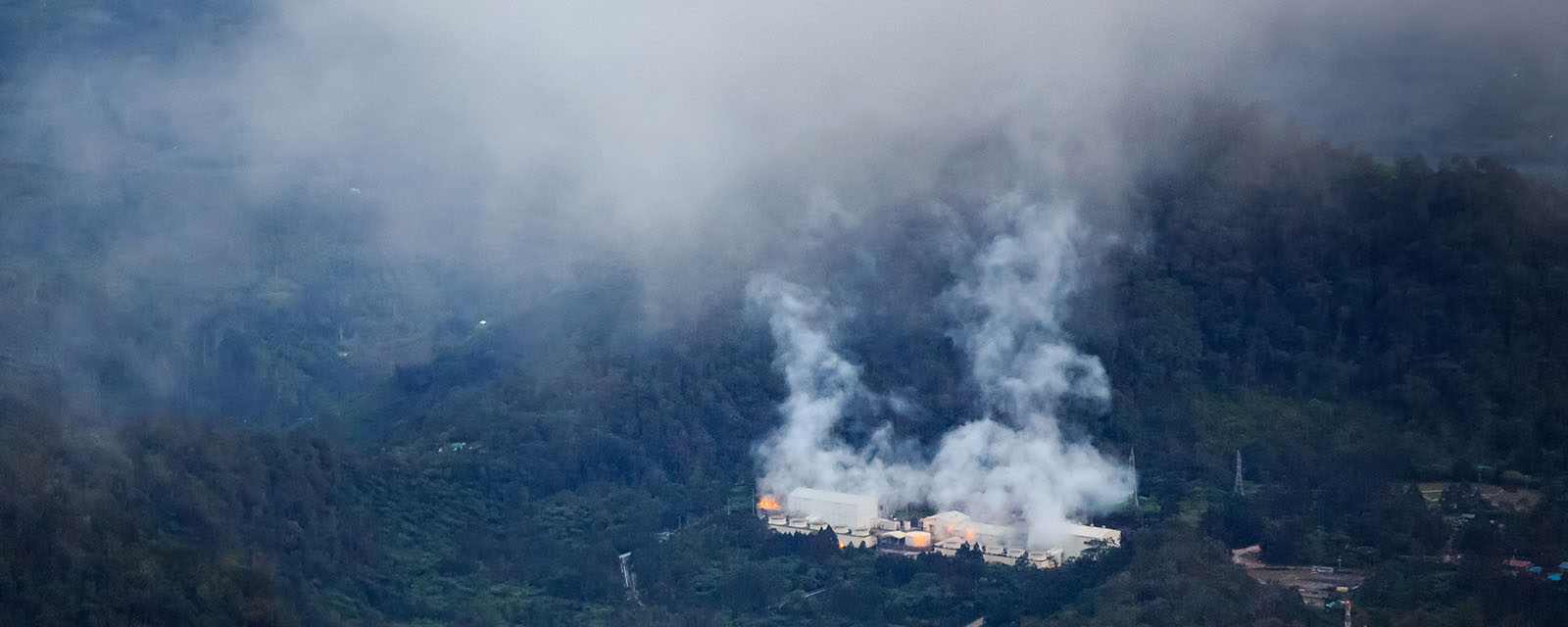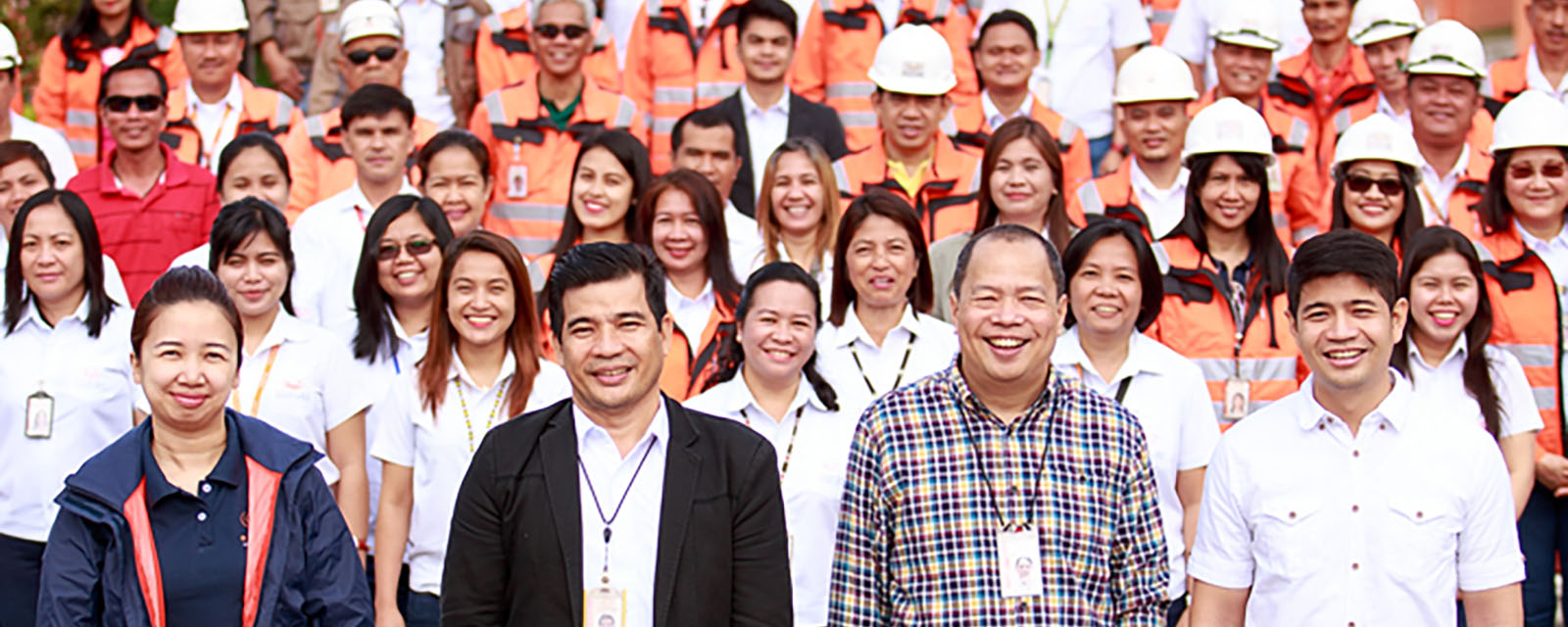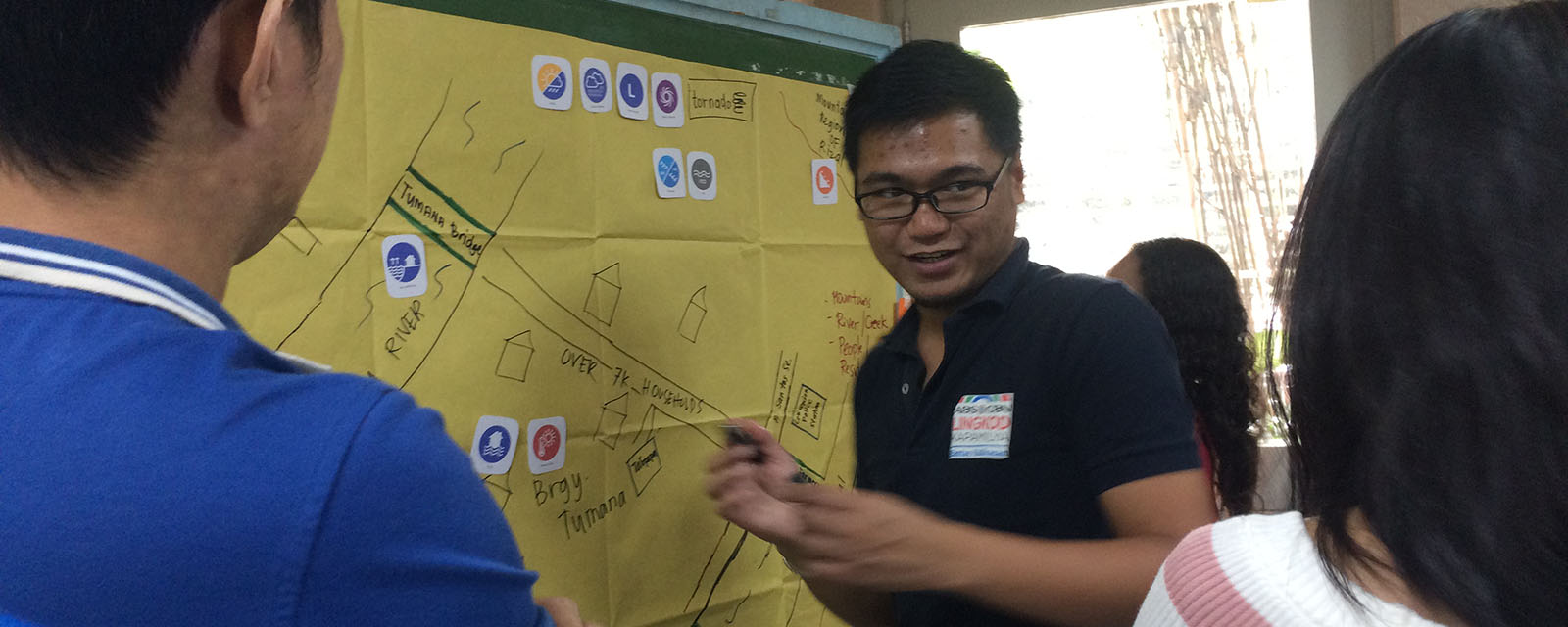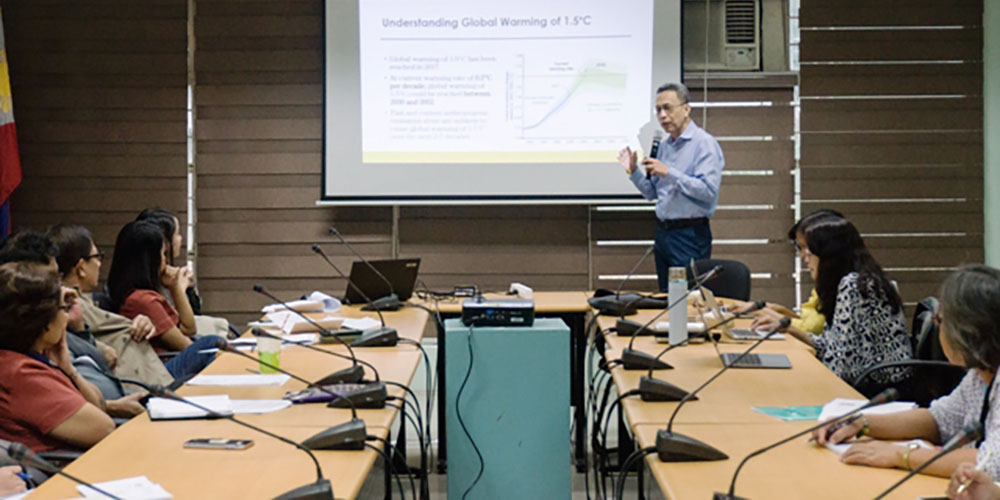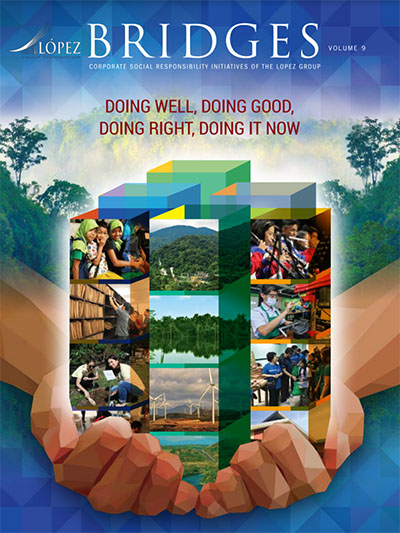OML Center executive director Dr. Rodel LascoTHE OML Center presented the key results for the project entitled “Study on the Implications of Intergovernmental Panel on Climate Change’s (IPCC) Special Report on Global Warming of 1.5°C to Plans and Programs of the Department of Environment and Natural Resources (DENR).
”The culminating activity was held at the DENR compound in Quezon City. Headed by Dr. Rodel Lasco, OML Center executive director and project team leader, the project team presented its analysis on how DENR’s 10 priority programs can be improved to become more climate-responsive.
For a program to be climate-responsive, it should have the following characteristics: flexibility, integrative and holistic, long-term, public-private engagement, evidence- and information-based, addresses interconnected risks and vulnerabilities, stimulates migration to green-development pathways, addresses multiple objectives, promotes incremental and transformational adaptation, high acceptability by local and national actors, governance structure, and sufficient funding.
The team also reccomended to look at climate impacts and risks using the ridge-to-reef approach as a tool to craft policies and design programs for climate change adaptation and mitigation. This calls for the DENR to be at the core of strengthening interagency and cross-sectoral coordination and information sharing.
Additionally, the experts believe that localized studies on impacts of climate change given various global warming scenarios, as well as those that will capture baseline data for climate change-related information, are needed to better understand how ecosystems in the country will be affected in the future.
The four-month project, which ended on October 31, was implemented with support from the German government through the United Nations Development Programme.



